Projects
A few of our early learnings...
Reunite The Land
Natural areas need to be reconnected to provide essential ecosystem services, like clean water, and to allow native species to move as climate changes.
Our Partners
Martha’s Vineyard Land Bank
Our Problem
We need financially feasible and socially acceptable ways of “undeveloping” built properties in critical habitat connections
Our Solution
Purchase life estates, a relatively inexpensive way to acquire properties from willing sellers, which also allows elders to afford to age in place. After their lives, a $1.5m fund subsidizes the salvage of building materials from deconstructed homes to construct affordable housing in walkable, climate-safe parts of towns.
Re-naturalize fragmented landscapes
A network of small, well-managed properties can restore biodiversity and the ecosystems services on which people and wildlife depend.
Our Partners
BiodiversityWorks
Our Problem
Typical backyards are “ecological sinks”: hostile to wildlife
Our Solution
Create the Natural Neighbors program, turning backyards into “ecological sources”, by customizing management recommendations to each individual property and its unique potential. Funded by the homeowners and a native plant program modeled after community-supported agriculture
Make Way for Salt Marshes
Funding from a real estate transfer tax can relocate homes before they are impacted by rising salt marshes, thus creating benefits for homeowners, bays and the people and wildlife that depend on them.
Our Partners
The Martha’s Vineyard Commission
Our Problem
Homes need to be removed from the path of salt marshes that are migrating inland with sea level rise…but the strategy must alleviate threats to vulnerable property owners, not constitute a taking, and be affordable.
Our Solution
A zoning overlay will grant a right of first refusal to the local town to purchase homes in the path of future salt marshes, but only when the owner intends to sell anyway. Funded by the Land Bank (whose income is from a tax on the sale of properties), there is no cost to the town tax payer.

